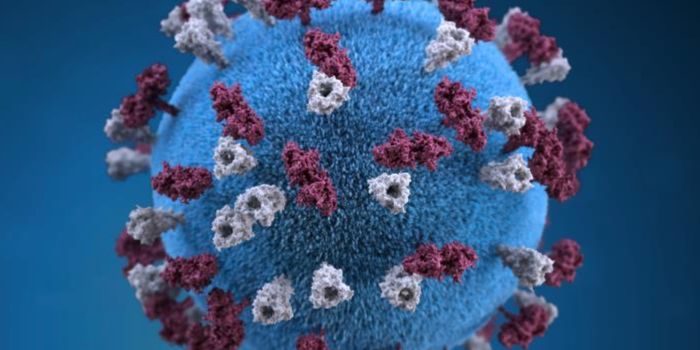Each year, health officials zealously launch flu shot campaigns, aimed at vaccinating people against the influenza virus. But unlike other viruses, such as those causing measles and mumps, the flu virus mutates too quickly for the vaccine, which is why we have to get the shot every year.

But, perhaps this will soon be changing, as researchers from McMaster University say they’re on the cusp of developing a
universal flu vaccine. The vaccine in progress would recognize a common genetic portion of the flu virus that is immutable. This means no matter how the virus mutates from season to season, strain to strain, a single shot could protect us all.
Each year, the flu virus is expected to infect from five to 20 percent of the population. Of these a significant portion end up hospitalized, and some cases are even fatal.
Getting the flu vaccine remains the best way to protect against the virus. The flu shot works by exposing the body’s immune system to a dead version of the flu virus. This exposure is enough to rally our immune cells against the live strains circulating during flu season. However, the effectiveness of the current flu vaccines depends matching the person’s age and health to the right type of vaccine. Furthermore, people who get the flu shot can still get the flu if they happen to be infected with a different viral strain that the vaccine didn’t guard against.
The imperfect nature of this system led researchers to hone in on one singular vaccine against the influenza virus. The team, led by Matthew Miller, discovered that the more effective vaccines seemed to have two key jobs: stop the virus from infecting healthy cells, and kill those cells that have already been infected.
"Our findings show that just having antibodies isn't enough. You have to have antibodies that bind to very specific places on the virus," said Miller, who is the study’s senior author. "Now that we know the places where antibodies have to bind, we can modify our vaccines so that we generate those antibodies in higher numbers."
"Using this knowledge, what we can now do is specifically design our universal vaccine to generate the most desirable types of antibodies and avoid antibodies that block the functions that we want," said Miller. "In doing that, we can make sure that the vaccine will work in the most effective way possible."
Miller’s research adds an important step to the development of a universal flu vaccine – a “one-punch” shot that would protect people against all flu strains at once.
Additional sources:
McMaster University via
Science Daily, CDC
 But, perhaps this will soon be changing, as researchers from McMaster University say they’re on the cusp of developing a
But, perhaps this will soon be changing, as researchers from McMaster University say they’re on the cusp of developing a 







